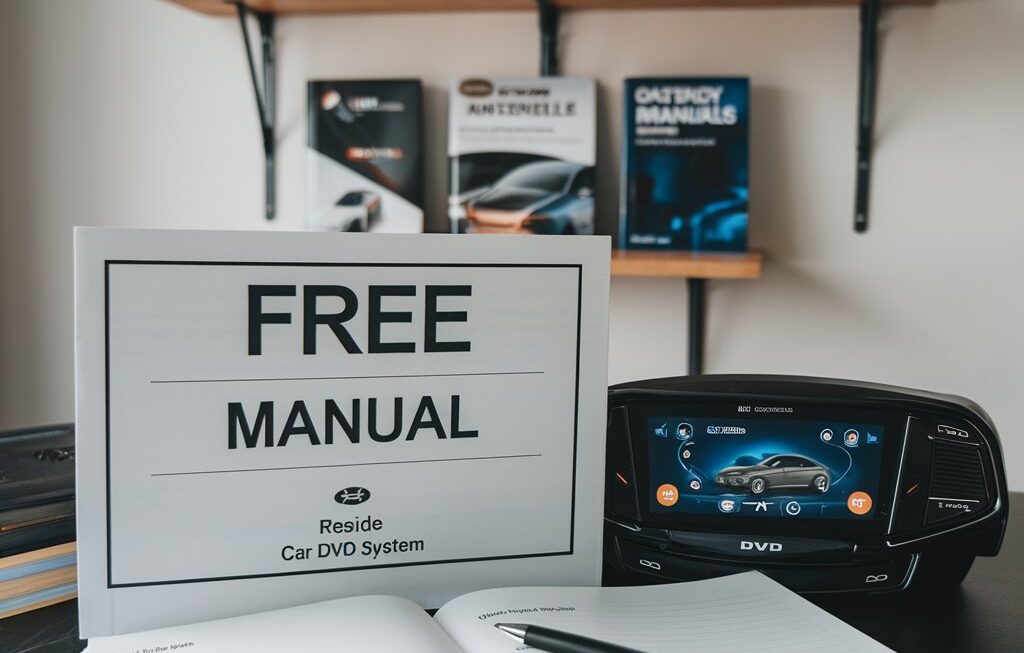Some motorists can identify problems with a car right away. Others, meanwhile, can miss the early warning indicators until the problem worsens. White vehicle exhaust smoke, on the other hand, is a blatant warning sign that your engine is having trouble, irrespective of whether you’re a novice driver. It typically indicates that coolant or water is getting into the combustion chamber as a result of a defective cylinder head, blown head gasket, or cracked engine block. Exhaust white smoke may be hazardous, so make sure to get yourself in touch with experts at exhaust manufacturers UK to get yourself the best exhausts.
Why is exhaust smoke white?
Condensation in the exhaust pipe happens to be one of the most visible—and least serious—causes of white smoke. Steam is created whenever any moisture in the pipe evaporates whenever the exhaust heats up from regular operation. Water coming out of your exhaust system is typically harmless and occurs when the engine begins to heat up in cold weather. Another possibility is that your automobile has a coolant leak. In severe circumstances, the head gasket may have failed, resulting in a lot of billowing white smoke. White smoke is produced when coolant leaks into an engine component where it shouldn’t be and burns alongside fuel and air.
Why does my exhaust emit white smoke as I accelerate?
You might want to rule out exhaust condensation as a possible reason if your automobile continues to emit white smoke even after its engine has started & warmed up, especially while you accelerate. In this case, you very certainly will have a coolant leak that could be caused by a burst head gasket.
How to fix white exhaust smoke in your automobile
The root cause of exhaust white smoke must be addressed. Typical solutions involve the following:
- Head Gasket Replacement: Replacement of the head gasket is necessary to prevent coolant leakage into the engine if the head gasket has blown.
- Repair cracked cylinder head or engine block: Fix a fractured engine block or cylinder head; in more extreme situations, welding or part replacement might be required.
- Replace faulty fuel injectors: To guarantee correct fuel combustion, if smoke is coming from faulty fuel injectors, these need to be cleaned or replaced.
- Repairs for coolant systems: Finding and fixing any coolant leaks is essential. It could entail changing the water pump, radiator, or seals.
- Air purging from the cooling system: Bleeding the air from the cooling system might be beneficial if the white smoke is being caused by trapped air.
Reasons why the exhaust produces white smoke
White smoke may be caused by a few different factors.
Head gasket blown
Since most drivers are aware of how costly it may be to fix a problem, the mere prospect of a malfunctioning head gasket is enough to make them anxious. Oil and coolant are kept apart by the head gasket, which seals the engine’s internal combustion mechanism. If it fails, there might be major repercussions if the two fluids mingle.
Radiator damage
Whenever coolant leaks into areas of the engine that shouldn’t have it, a corroded radiator could allow thick white smoke to be released.
The typical expense of replacing an automobile radiator is £298.72, and it can be required if the harm done is too severe to be repaired using a sealant. A mechanic will take away the broken radiator, flush the entire system, reinstall a new radiator, & check for leaks.
Engine block cracks
The symptoms of a blown head gasket as well as a cracked engine block are quite similar, so both issues are costly to fix, with the former being more costly than the latter.
Cylinder head crack
Fuel injectors and valves are among the many moving parts that are covered by the cylinder head. It is located at the engine’s top; the engine block is located at the bottom. Your engine would overheat, leak coolant, and emit white smoke from the exhaust whenever the cylinder head fractures.
Radiator hose damage
Coolant is moved from the radiator to the hot spots and back again by radiator hoses, which permits the heat to be released from the engine. High temperatures, high pressures, dirt, sludge, & oil are all things they are made to resist. They are not unbeatable, though.
If my car’s exhaust is producing white smoke, can I still drive it?
If you see white smoke, coming from your car’s exhaust, you should not continue driving. In certain, such as when the smoke is from condensation, short trips could be safe, but driving a car could make it worse: burst head gaskets, coolant leaks and engine damage, for example. Furthermore, based on local emissions regulations, it can be against the law to drive an automobile indicating emits a lot of smoke because this might be a sign that the vehicle isn’t ecologically friendly.
Final Words
Without knowing what’s producing your car’s white exhaust smoke, you are unable to figure out how you can get rid of it. To figure it out, you may want to speak with a mechanic.
Visit Agrawau for more informative blogs.




